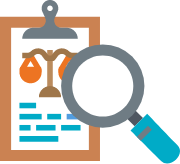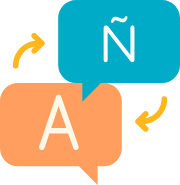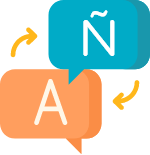Result for Toolkits
What do I need? There are many ways to collect information about your program and each approach has its strengths and weaknesses. All of the data you collect forms part of the information you can utilize for your evaluation. Types of information As a general rule, evaluation information is organized into […]
How do I start? Program evaluation work is like cooking a dish from a recipe. As in all good recipes there are steps to follow, accompanied by a list of ingredients, and an image or photo of what the dish will look like in the end. As with all recipes, sometimes […]
Why evaluate a program? It is not easy knowing whether a program is working as planned, or if it needs improvements or adaptations. Like using a recipe to make a dish, we need to document what ingredients we will need and what steps we need to follow. In program evaluation, documenting […]
New to building evidence You might have had the experience of hearing about a project where you needed to document evidence and it gave you a feeling of anxiety or fear. This is a very normal reaction, especially if you are new to the task or have had negative experiences conducting […]
Trainings, glossaries, and curricula Continuous education is necessary for Language Access since language evolves with new words, phrases. Glossaries There are many unique terms for language access that are necessary for everyone (victims and advocates) need to know. Here are some resources on terminology. We encourage you to develop your own […]
Sample LEP plans It is helpful to review language access plans from other organizations. Here are two different examples of language access plans that may be helpful as you work towards meaningful language access. Model protocol on services for limited English proficient immigrant and refugee victims of domestic violence, by the […]
Promising practices There are many promising practices throughout this website, however, we would like to highlight the following promising practices: The use of glossaries to have consistent usage of words spoken in your community Ongoing Language Access trainings for all staff Periodically reviewing the codes of ethics and guidelines for interpretation practices. Helpful […]
Resources This section provides the following of resources: Data about why language access is important and the population with LEP in the US, and the federal laws that mandate language access (and the guidance on how to do so). This information can be especially helpful for systems advocacy. Sample plans and […]
Tool: Increasing language access in the courts The increasing language access in the courts tool: Examines advocates’ observations about the court experiences of survivors with limited English proficiency Offers guidance and resources to build systems change efforts for language accessibility In 2013, we conducted a nationwide assessment of court-based language accessibility […]









